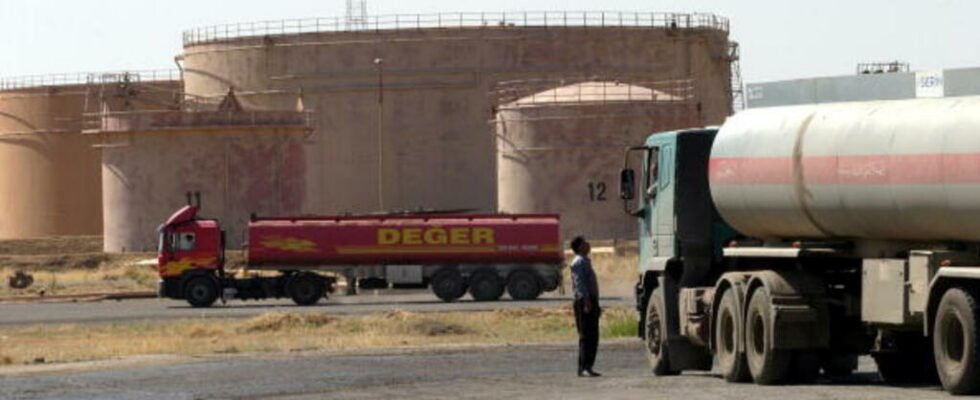White smoke in Iraq for the resumption of Kurdish oil exports. An agreement was reached on Wednesday November 6 between the authorities of Iraqi Kurdistan and the federal government of Baghdad to resolve a crisis which has lasted for more than 20 months and which is poisoning relations between the autonomous Kurdish government and the central Iraqi state.
1 minute
With our correspondent in Erbil, Lucas Lazo
Twenty months without the slightest drop of oil does not circulate along the pipeline that connects Iraqi Kurdistan to the Mediterranean port of Ceyhan, Turkey. Since March 2023 and an international arbitration by the Paris Chamber of Commerce, the pipeline is cut short.
According to the judges, the export of Kurdish oil to Turkey, without Baghdad’s agreementviolated an agreement which gives Baghdad and the central Iraqi state a monopoly on its crude exports. This was a hard blow for the sovereignty of Kurdistan, which de facto lost control over hydrocarbon revenues, a significant financial windfall.
Since then, Baghdad and Erbil have been engaged in a standoff on the verge of resolution. At the heart of the tensions: compensation for the costs of producing and transporting oil.
According to Wednesday’s agreement, the Kurdish administration in Erbil grants all of its production to the Iraqi Oil Agency, which will pay the extraction costs. In exchange, Kurdistan ensures regular revenues, but rigorously controlled by Baghdad.
This agreement was precipitated in part by regional tensions and the fear of seeing the Persian Gulf, the only exit route for Iraqi oil, being blocked.
Also readKurdistan sells its oil on the black market through Iran
